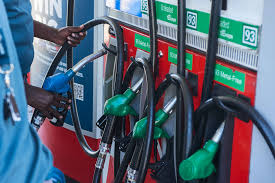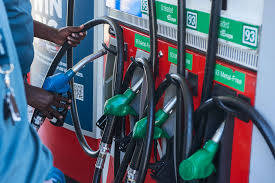
On Monday, the Western Cape High Court dismissed an urgent application by the Economic Freedom Fighters (EFF) to halt the government’s proposed fuel levy increase. The court’s decision paves the way for the levy hike to take effect today, Wednesday, June 4, 2025.
The EFF had sought to interdict Finance Minister Enoch Godongwana from implementing the increase of 16 cents per litre on petrol and 15 cents per litre on diesel, arguing that the hike was unjust and would disproportionately affect the working class and the poor. They also contended that the minister failed to follow proper parliamentary procedures in enacting the levy.
In its ruling, the court found that the levy increase was legally enacted and within the powers of the National Treasury.The court emphasized that fiscal decisions of this nature fall under the purview of the executive branch and are not subject to judicial intervention unless there is a clear violation of the law.
Finance Minister Godongwana welcomed the ruling, stating that the fuel levy is a critical component of government revenue and necessary to maintain essential public services and infrastructure investments. He warned that halting the fuel levy would result in a revenue shortfall of at least 3.5 billion rand ($196 million), necessitating alternative measures such as borrowing or spending cuts.
EFF leader Julius Malema expressed disappointment with the court’s decision, stating that it was a blow to millions of financially struggling South Africans. He emphasized that the party’s failed attempt to block the fuel levy increase is not a setback for the EFF but rather highlights the challenges faced by the working class.
As of today, the fuel levy increase officially takes effect, raising concerns about potential knock-on effects, including higher food prices and increased inflationary pressure. Despite the ruling, advocacy groups have pledged to continue lobbying Parliament for a review of fuel taxation policies, calling for more equitable alternatives that will not disproportionately impact the poor.


